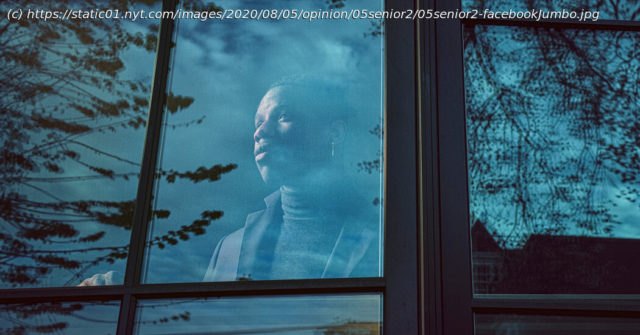New data show that Americans are suffering from record levels of mental distress.
I am trying to think of when I first realized we’d all run smack into a wall. Was it two weeks ago, when a friend, ordinarily a paragon of wifely discretion, started a phone conversation with a boffo rant about her husband? Was it when I looked at my own spouse — one week later, this probably was — and calmly told him that each and every one of my problems was his fault? (They were not.) Or maybe it was when I was scrolling through Twitter and saw a tweet from the author Amanda Stern, single and living in Brooklyn, who noted it had been 137 days since she’d given or received a hug? “Hello, I am depressed” were its last four words. Whatever this is, it is real — and quantifiable, and extends far beyond my own meager solar system of colleagues and pals and dearly beloveds. Call it pandemic fatigue; call it the summer poop-out; call it whatever you wish. Any label, at this point, would probably be too trivializing, belying what is in fact a far deeper problem. We are not, as a nation, all right. Let’s start with the numbers. According to the National Center for Health Statistics, roughly one in 12 American adults reported symptoms of an anxiety disorder at this time last year; now it’s more than one in three. Last week, the Kaiser Family Foundation released a tracking poll showing that for the first time, a majority of American adults — 53 percent — believes that the pandemic is taking a toll on their mental health. This number climbs to 68 percent if you look solely at African-Americans. The disproportionate toll the pandemic has taken on Black lives and livelihoods — made possible by centuries of structural disparities, compounded by the corrosive psychological effect of everyday racism — is appearing, starkly, in our mental health data. “Even during so-called better times, Black adults are more likely to report persistent symptoms of emotional distress,” Hope Hill, a clinical psychologist and associate professor in the psychology department at Howard University, told me.






